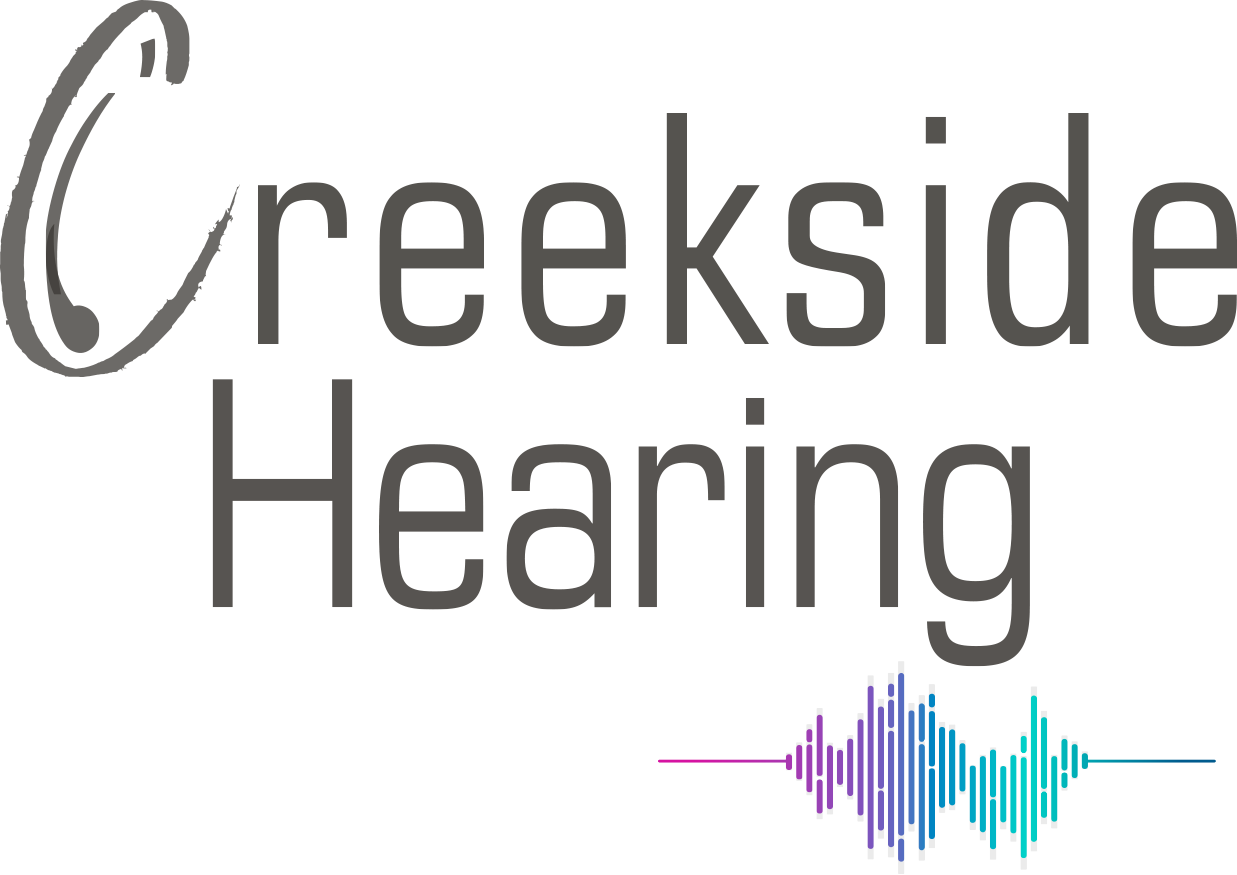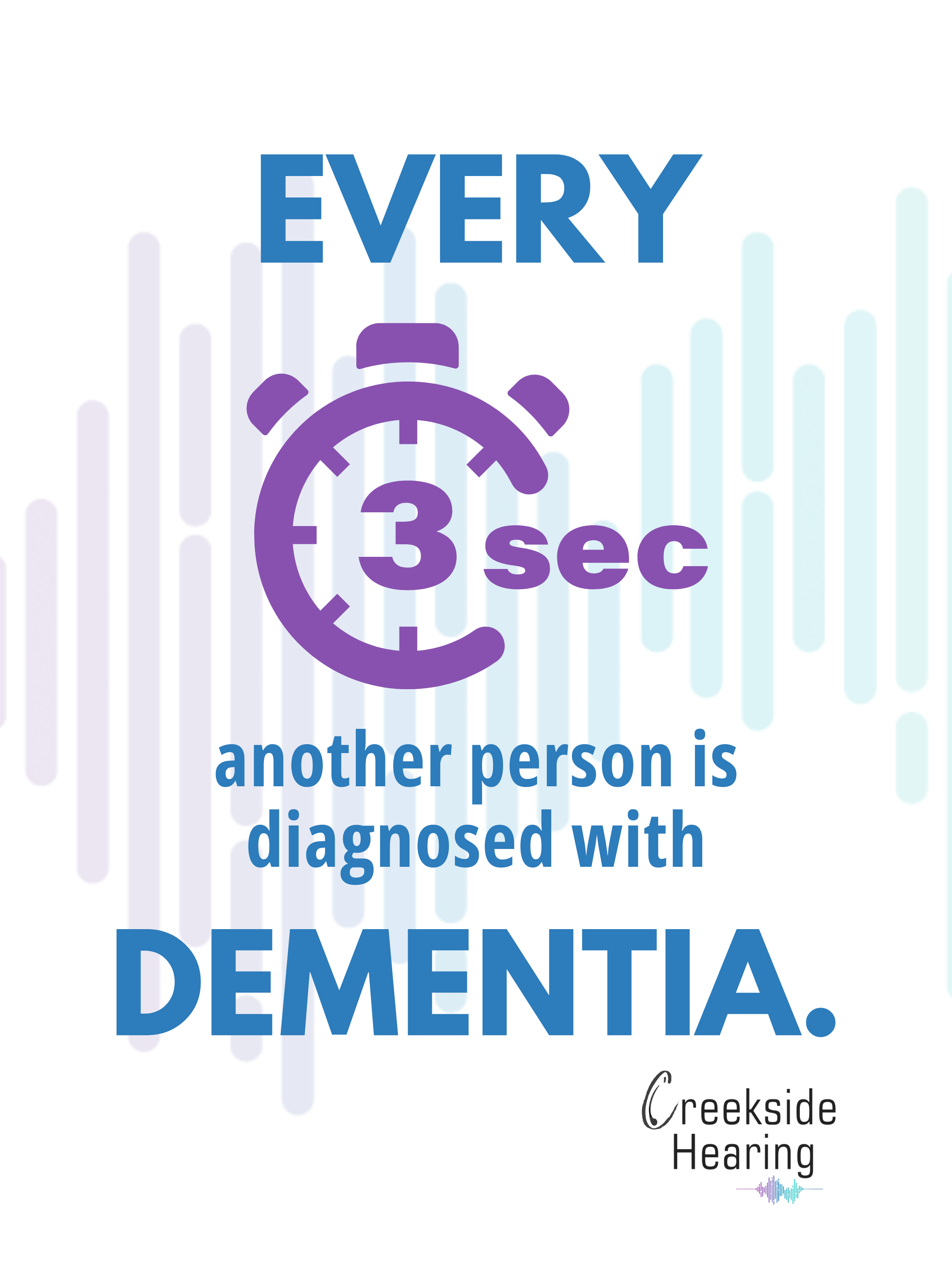At Creekside Hearing, our experienced team understands how frustrating tinnitus can be. Without treatment, it can sometimes last a lifetime. That’s why we don’t just offer treatments — we provide ongoing support, counseling, and resources to help reduce, and often eliminate, the perception of tinnitus.
The ringing sounds you hear with tinnitus are created by your brain. Many people with tinnitus also have some degree of hearing loss. The brain tries to compensate for the loss by creating a background noise.
If you’ve been diagnosed with tinnitus or hear a high-pitched ring in your ears, reach out to our specialists at Creekside Hearing. We’ll help you explore tinnitus relief and management options and show you how to recognize the signs that your tinnitus is improving.
What is Tinnitus?
What Is Tinnitus?
Causes:
Tinnitus is often caused by damage to the inner ear or the auditory nerve, which can happen for several reasons. Common causes include exposure to loud noises, like concerts or machinery, aging, ear infections, or head injuries. Certain medications, such as chemotherapy drugs, can also damage hearing. In some cases, a buildup of earwax or problems with the blood vessels in the neck or head may lead to tinnitus. For many people, tinnitus happens alongside hearing loss, but you can have tinnitus even if your hearing seems fine.
Understanding Tinnitus:
Tinnitus is a condition where people hear sounds like ringing, buzzing, or whooshing in their ears when there is no external sound. It can affect one or both ears and may come and go or be constant. The intensity and type of sound vary from person to person. For some, tinnitus can be a mild annoyance, while for others, it can be very disruptive and affect their daily life. It’s important to know that tinnitus is a symptom, not a disease itself. It’s usually a sign that something is wrong with the ear or the hearing system, and treating the underlying cause can sometimes help reduce or eliminate the tinnitus.
How Creekside Can Help
At Creekside Hearing, we use a medical approach to treat tinnitus, focusing on individualized care and the latest technology. One of the most effective ways we help tinnitus patients is through the use of prescriptive hearing devices. These devices are designed to not only improve hearing but also to help retrain the brain and reduce the perception of tinnitus. By carefully fitting you with a device that matches your specific needs, we can provide consistent sound therapy that helps stimulate the auditory pathways, reducing the brain’s focus on the ringing or buzzing sounds. This personalized treatment plan can significantly improve your quality of life, decrease tinnitus symptoms, and, in many cases, even make the sounds go away.

